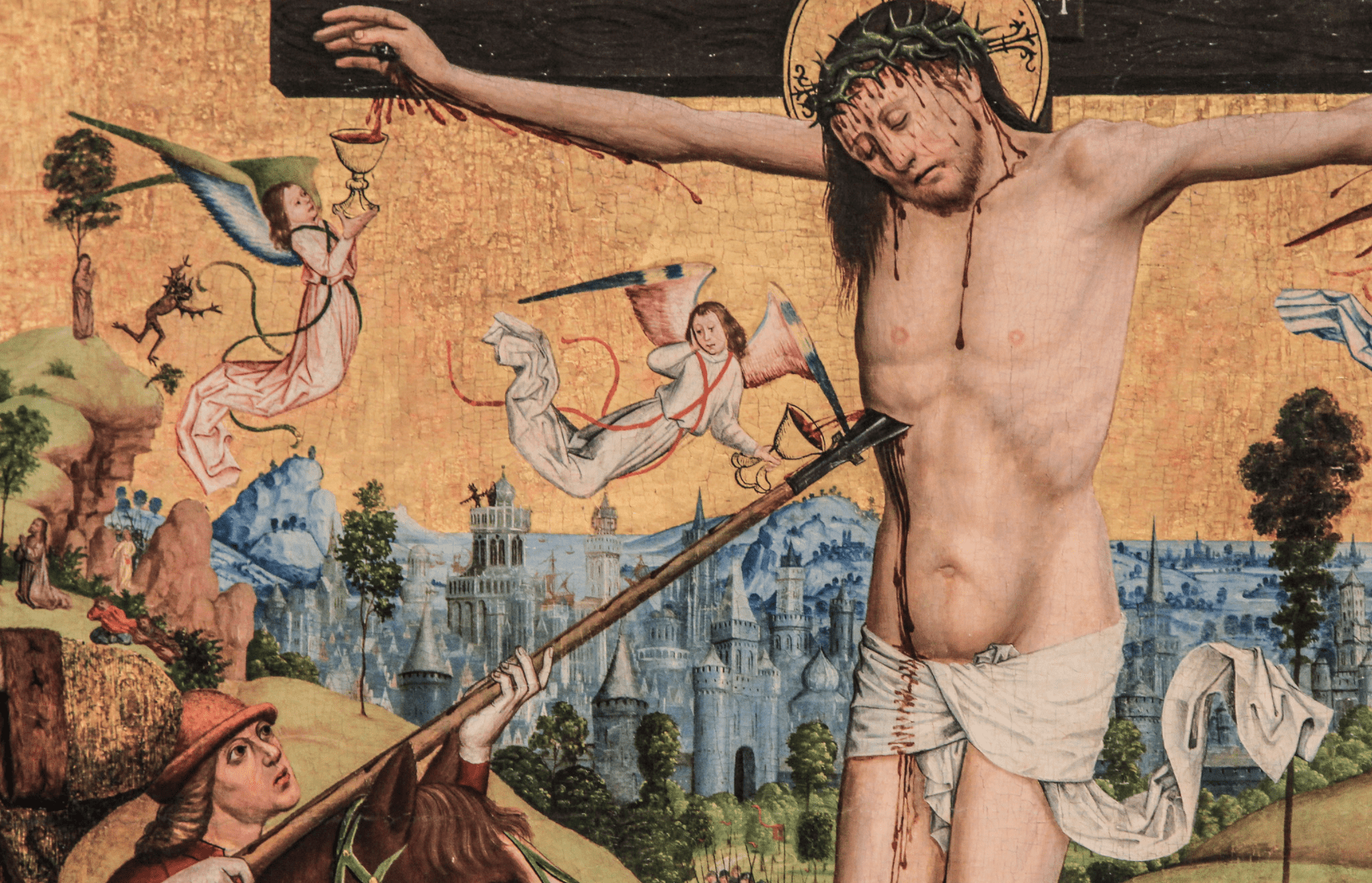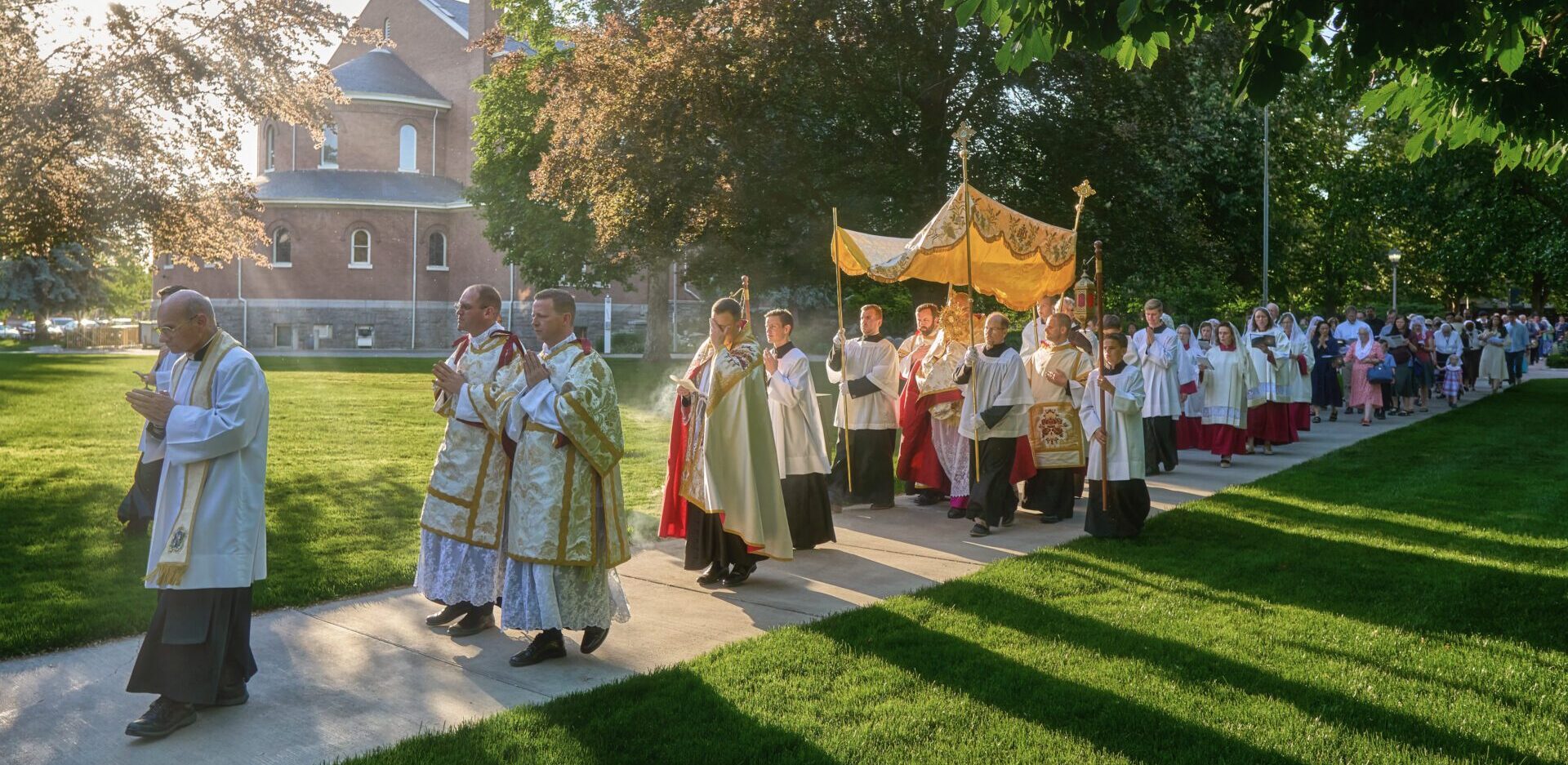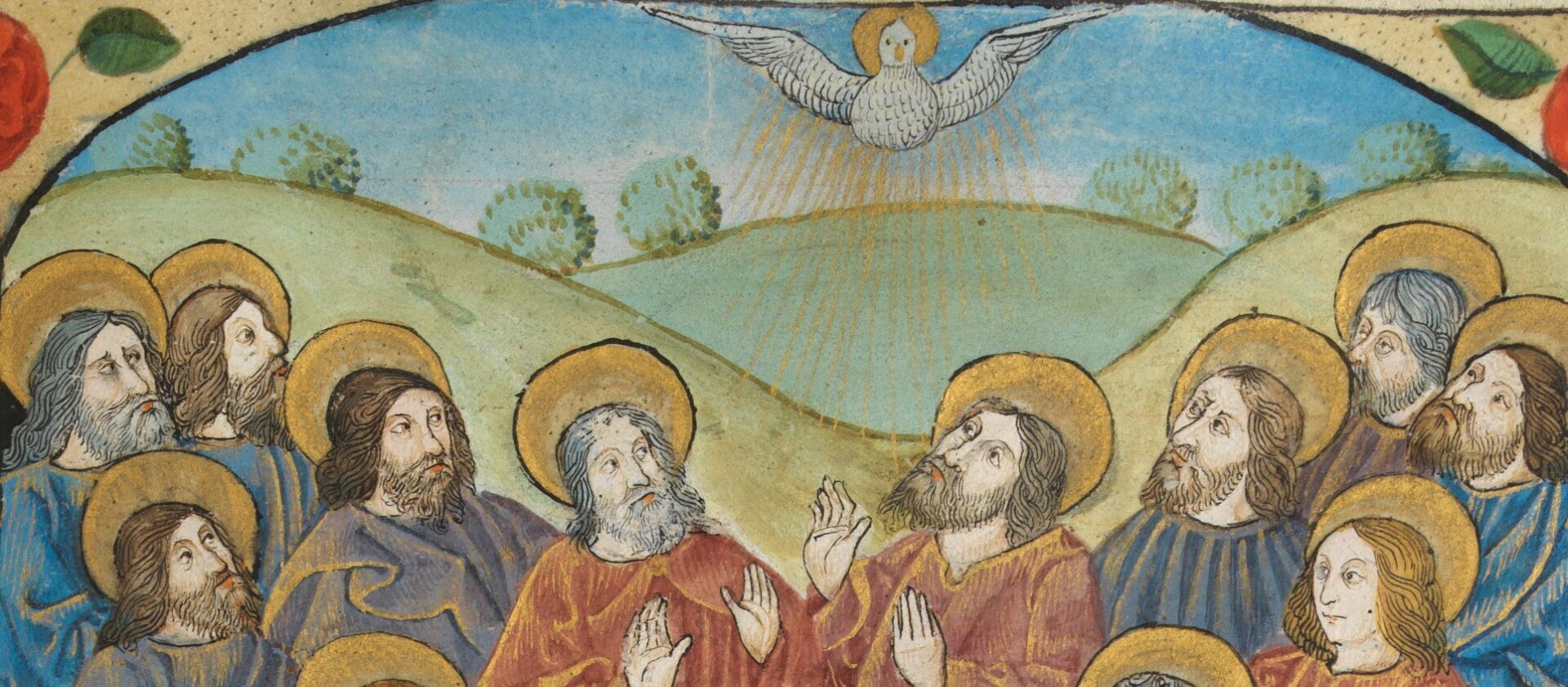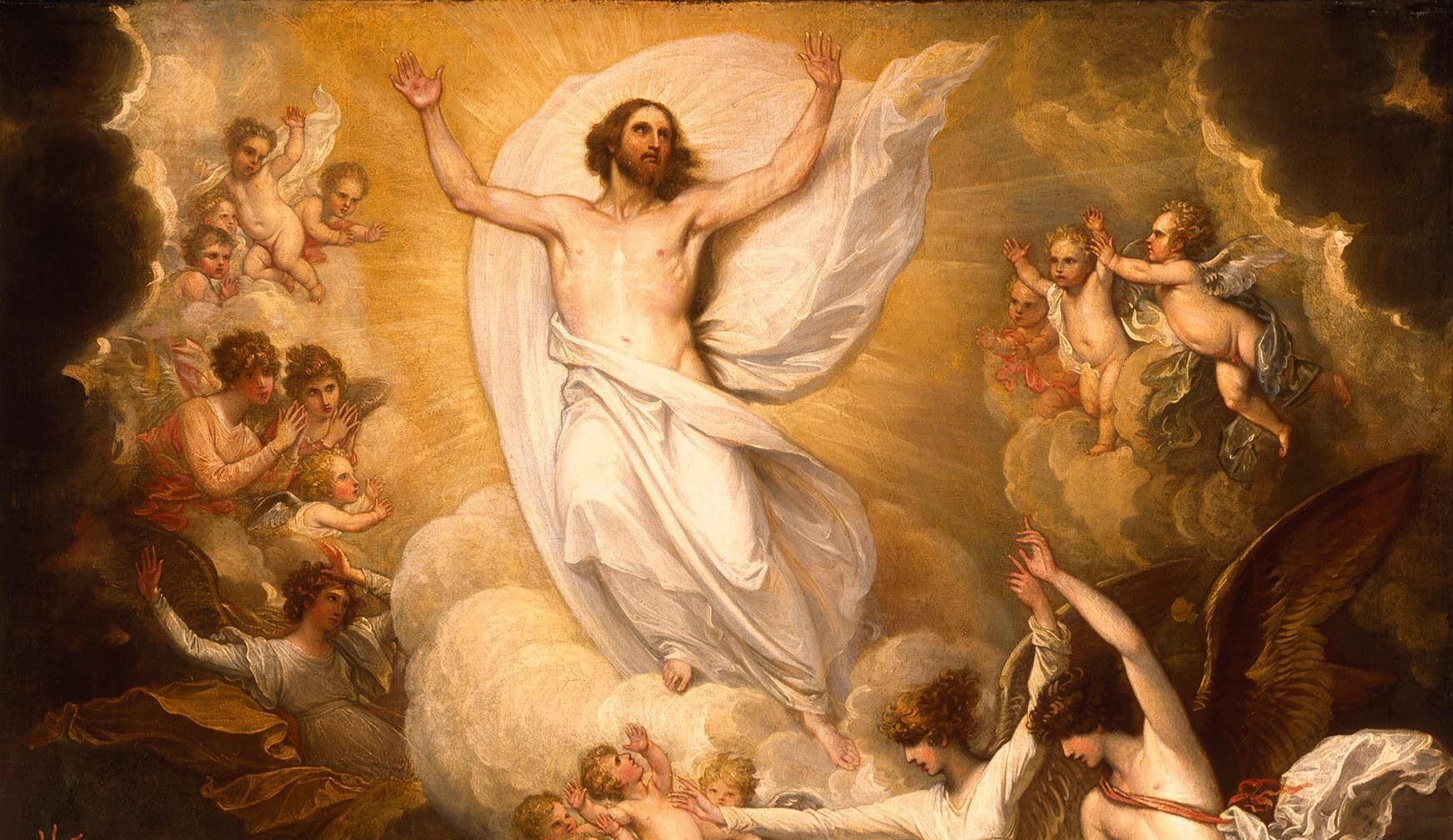Editor’s note: The following entry continues a series of reflections by Benedictine Father Boniface Hicks on the private prayers of the priest at Mass. The introduction to The Quiet That Speaks series and the examination of the prayer Munda cor meum (“Cleanse my heart”) are found here, while Father Hicks’s meditation on Per evangelica dicta “Through the words of the Gospel” is found here.
Like the last two private prayers, this prayer is ordinarily said by the deacon. If there is no deacon to prepare the chalice, the priest quietly prays to God using these words as he pours a small amount of water into the wine: “By the mystery of this water and wine may we come to share in the divinity of Christ who humbled himself to share in our humanity.” This prayer was derived from an ancient Christmas oration[1] and it introduces a profound reflection amid the preparation of the altar for the Eucharistic sacrifice.
The Eucharistic sacrifice is tightly bound to the Paschal Mystery of Christ’s Passion, death, and resurrection, but this offertory prayer also maintains the place of another mystery—the Incarnation: he humbled himself to share in our humanity. In Christianity, “mystery” is always fundamentally a wedding of human and divine, of material and spiritual, of time and eternity, of the finite with the infinite: “This is a great mystery, and I mean in reference to Christ and the Church” (Ephesians 5:32).
Remarkable Mystery
It is one of the marks of love that the greater does not destroy or dissolve the lesser but rather that it preserves, dignifies, and even raises it up. And so divine love embraces our weak, finite humanity and raises it up, as indicated in this offertory prayer. Indeed, this prayer is one of the most prominent witnesses in the Western Church to the concept of divinization as put forth by St. Cyprian: “For because Christ bore us all, in that he also bore our sins, we see that in the water is understood the people, but in the wine is showed the blood of Christ. But when the water is mingled in the cup with wine, the people is made one with Christ, and the assembly of believers is associated and conjoined with him on whom it believes; which association and conjunction of water and wine is so mingled in the Lord’s cup, that that mixture cannot any more be separated.”[2]
The meaning of water as our humanity and blood as Christ’s divinity was seen differently in other Mass prayers, in which the focus was on the symbolism of blood and water coming from the side of Christ. This is a natural connection to make. Similarly, there is a natural connection with the scriptures found in John I: “This is he who came by water and blood, Jesus Christ, not with the water only but with the water and the blood” (5:6). While we can still always keep in mind this idea of blood and water, certainly a powerful image in itself, the Church holds before us the great mystery of our transformation. We are truly transformed by the Eucharistic sacrifice and reception of Holy Communion into God himself, “partakers of the divine nature” (2 Peter 1:4).
Effortless Divinity
Another point to consider in reflecting on this prayer for the preparation of the chalice is that our humanity is not a hindrance to this mighty act of God. Despite the limited, sinful humanity of his ordained minister and the poor humanity of those who have offered the sacrifice of their lives under the forms of bread and wine, he is still fully able to renew his mysteries and indeed bring forth his very Presence in transubstantiating the Eucharistic elements. Not only that, but it is precisely through this humanity that he comes again into our midst and renews all of his love for us in his Real Presence.
As an illustration of this, it has often struck me while celebrating Mass that by adding a bit more “humanity” in the form of water, there is more Precious Blood available after the consecration. Of course, the rubrics specify a “little water” and in some places a small measuring spoon is used for this; but without endangering the proportions, we can still note that a little more water yields a little more Precious Blood. In this way, our humanity is seen not to be a hindrance, but indeed even a benefit for the Eucharistic offering.
In the 1962 missal, a short introduction precedes this prayer and clearly reiterates the same point: “O God, who, in creating human nature didst wonderfully dignify it, and still more wonderfully restore it….” God has bestowed a wonderful dignity on our human nature from the moment of creation by making us in his own image and likeness. Then he gave even greater dignity to our human nature by choosing it as the means of our salvation—through the Incarnation of the Divine Son—and redeeming it by his love on the Cross, granting it even greater dignity than he gave to the angels (see Hebrews 2:5).
Poured Out
With these thoughts in mind, we can enter into the most profound meditation through the simple action of adding water to wine and praying this small, beautiful prayer as we prepare the chalice at the altar. Concretely, we can think of all the dregs of humanity at this point in the Mass, including our own weaknesses and limitations, as well as those most difficult relationships and qualities which challenge us to love others inside and outside our congregation. We can imagine pouring all these frailties into the chalice while praying from our hearts that Christ would mercifully transform all of us into himself.
Notes:
- Joseph Jungmann, SJ, Missa Sollemnia, vol 2, 63. ↑
- From “Cyprian, Epistle 62.13, trans. Robert Ernest Wallis, in ANF, eds. Alexander Roberts, James Donaldson, and A. Cleveland Coxe, vol. 5 (Buffalo, N.Y.: Christian Literature Publishing, 1885), revised and edited for New Advent by Kevin Knight, 2009, http://newadvent.org/fathers/050662.htm as quoted in Meconi, David Vincent; Olson, Carl, Called to be the Children of God (San Francisco, CA: Ignatius Press, 2016), chapter 3 eBook. ↑



